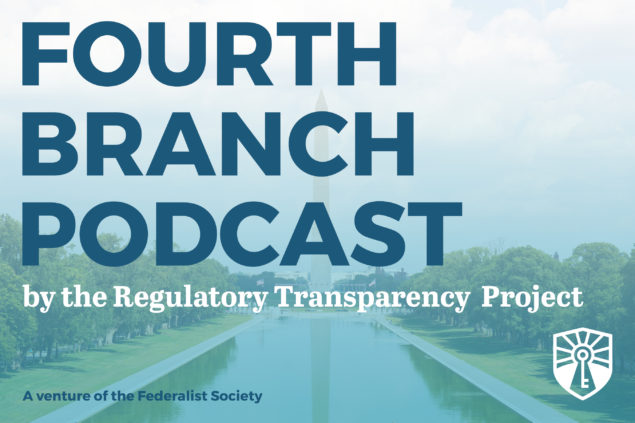Joanna Tsai
Vice President
Charles River Associates

Joanna Tsai
Vice President
Charles River Associates
Joanna Tsai is vice president in the Antitrust & Competition Economics Practice of Charles River Associates in Washington, DC. She has over 15 years of experience in antitrust and intellectual property matters, and has held positions in private practice, academia, and government. Dr. Tsai’s consulting practice includes advising clients on the competitive and economic implications of mergers and acquisitions in a variety of industries, and evaluating and analyzing the economic aspects of antitrust claims. While serving as economic advisor at the Federal Trade Commission from 2013-2015, she advised on a broad range of competition, intellectual property, and consumer protection issues. She is a frequent speaker at academic and industry conferences and has published articles in the Antitrust Source, Antitrust Magazine, Antitrust Law Journal, Antitrust Bulletin, and CPI Antitrust.
Dr. Tsai has also served as faculty at Stanford University’s Hoover IP Squared Summer Institute, visiting professor at the University of Puerto Rico School of Law, and is currently adjunct professor at the Scalia Law School of George Mason University. Dr. Tsai holds a PhD and MA in Economics from Cornell University, and is Co-Chair of the Mergers and Acquisitions Committee of the American Bar Association’s Section of Antitrust Law.
GCR’s Who’s Who Legal recognized Dr. Tsai as a Future Leader (under 45 years old) in the Competition Economist category in 2017, 2018 and 2019. In particular, in 2018, she ranked #1 as the “most highly regarded” competition economist in North America. One of the sources GCR interviewed noted that “Joanna offers a great balance of being insightful in her analysis, practical in her dealings with clients and clear in her advocacy.”

A person listed as a contributor has spoken or otherwise participated in Regulatory Transparency Project events, publications, or multimedia presentations. A person's appearance on the website does not imply an endorsement or relationship between the person and the Regulatory Transparency Project. The Regulatory Transparency Project takes no position on particular legal or public policy issues. All expressions of opinion by a contributor are those of the contributor.
Contributions
Antitrust & Big Tech
A conversation about the history of antitrust law, the consumer welfare standard, and the tech giants.
Facebook, Amazon, Apple, Netflix, and Google provide extremely valuable products and services, but their size, market share, and other concerns such as user privacy have led to concerns that they are wielding too much power.
Proponents of “populist” or “hipster” antitrust advocate for limiting the size of firms. This would require changing the Consumer Welfare Standard, which has been in place since the 1970’s.
Mark Zuckerburg’s testimony before Congress in April 2018 ignited a public debate about whether and how tech companies should be regulated. That debate continues and shows no signs of resolution.
Is it time to revisit the standards used in antitrust law? Our experts explore.
Watch this videoDeep Dive Episode 42 – Populist Antitrust
In this panel, the speakers debate varying standards for antitrust rule-making and enforcement. The merits of the Neo-Brandeisian “populist” approach are weighed against more recent “consumer-welfare” standards.
Listen to this podcastPepperdine Law Review’s 2019 Symposium: Populist Antitrust
Today’s regulatory landscape presents challenges for public and private entities. Private actors are often faced with conflicting, ambiguous, or altogether absent regulatory frameworks. Is it possible for them to overcome these challenges while delivering the creativity and innovation the marketplace demands? How can government regulators and legislators avoid stifling opportunity, function more efficiently, and enact and enforce sensible and effective regulatory schemes?
Pepperdine Law Review’s 2019 Symposium, in partnership with the Regulatory Transparency Project, explored these vital questions from both the academic and practical perspectives. The second panel of the symposium focused on the current debate over the future of antitrust enforcement.
Watch this video


